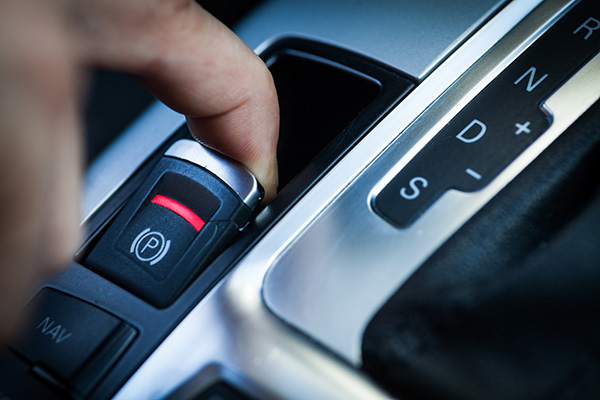
Parking brakes are an essential safety feature in every vehicle, yet they’re often overlooked until something goes wrong. Whether you're on a steep incline or just parked in your driveway, a reliable parking brake ensures that your car stays put. But what happens when the parking brake starts giving you trouble? Issues with parking brakes can range from minor annoyances to serious malfunctions, and ignoring them can lead to bigger, costlier problems.
Parking Brake Won’t Release
One of the most frustrating issues with parking brakes is when they won’t release. You’ve disengaged the lever or button inside the car, but the brakes refuse to let go. There are several possible reasons why this could happen, and they mostly have to do with the condition of your brake cables and components.
Over time, rust and corrosion can build up on the parking brake cables, causing them to seize or stick. Cold weather can also play a role, as freezing temperatures can cause the brake cables to freeze in place. When this happens, the cables fail to retract, leaving your brakes engaged even after you’ve tried to release them.
Regularly inspecting your car’s brake components and lubricating the cables can help prevent this issue. In some cases, it may require replacing worn or rusted cables altogether.
Loose or Unresponsive Parking Brake Lever
If you’ve noticed that your parking brake lever feels unusually loose or isn’t engaging as it should, this could be a sign that the cables have become stretched over time. Parking brake cables are made to withstand regular use, but after years of pulling and releasing, they can start to wear out and lose their tension.
A loose parking brake is more than just a minor inconvenience—it can compromise the effectiveness of your brake system. If you notice the lever feels slack or doesn’t engage properly, a professional must check it out. They can tighten the cables or replace them if necessary.
Brake Pads or Shoes Sticking
In cars equipped with drum brakes, the parking brake works by applying pressure to the brake shoes inside the drum. Over time, dirt, rust, and grime can cause the brake shoes to stick to the drum, making it difficult to release the parking brake. Similarly, in vehicles with disc brakes, the pads can sometimes adhere to the rotor due to excessive wear, heat, or corrosion.
Brake shoes and pads that stick can cause your car to drag while driving, reduce fuel efficiency, and even damage your brake system if left unresolved. If you experience this issue, having your brake system inspected is important to ensure that all components are functioning correctly.
Parking Brake Cable Failure
Parking brake cables are the literal lifeline of your emergency brake system. When they fail, the parking brake becomes entirely ineffective. Cable failure can be caused by several factors, including wear and tear, rust, or damage to the cable sheath that protects the inner workings.
If your parking brake cable fails, you’ll likely notice that the parking brake no longer engages or disengages properly. When this happens, immediate attention is required to replace the cable. Continuing to use a car with a failed parking brake cable is a serious safety risk, especially if you’re parking on hills or other inclines.
Electronic Parking Brake Issues
Many modern vehicles now come equipped with electronic parking brakes, which replace the traditional lever or foot pedal with a button or switch. While electronic parking brakes can be convenient, they come with their own set of challenges. If the electronic parking brake malfunctions, you may see an error message on your dashboard, or the brake may fail to engage or release.
Common causes of electronic parking brake issues include faulty sensors, electrical problems, or worn-out components. Since this system relies on a combination of sensors and actuators, diagnosing the problem can be more complex than with a traditional mechanical brake. If you’re having trouble with an electronic parking brake, it’s best to consult a professional who is familiar with the system.
If your parking brake isn’t working as it should, don’t wait for the problem to get worse. Visit Hagin’s Automotive today for a thorough inspection and professional repair service. We’ll ensure your brakes are in top condition so you can drive with confidence.